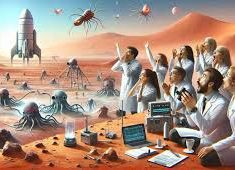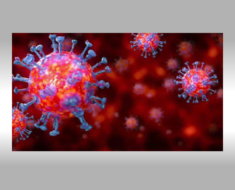Generally, we humans think the human body means the brain, muscles, blood cells, eyes, neurons, etc. But other than this there is much which the human body consists of. There are many interesting facts about the human body that are hidden. So, let’s get started and know what are the interesting facts about the human body.
Facts
You will become taller in the morning
During the day, the cartilage in the knees and other areas slowly compresses, but when you go to sleep and rest, the cartilage goes back. So, measure yourself in the morning and then in the night again. Because of the way cartilage compresses in the body throughout the day, you become taller in the morning due to gravity.
Your blood vessels could circle the earth
The network is extremely long, though people have tiny blood vessels. They would cover more than 60,000 miles if spread out. The circumference of the earth is 24, 873 miles. NASA stated that your blood vessels could circle the globe more than twice.
The number of electricals impulses generated in a day is unimaginable
The average human brain contains 120 billion neurons which constantly transfer information through dendrites. Due to this, it is said that a single human brain generates more electrical impulses in a day than all the telephones of the world combine. To put this in short, the human brain is more powerful than all the phones in the world.
Your body consists of 7 octillion atoms
Do you even know how much is 7 octillion? Let me tell you. Seven Octillion is a number which has 27 zeros after 7. So just imagine how many atoms you all are having in your body.
Your heart beats 10,000 times in a day
Yes, what you are reading is exactly true. Your beats 10,000 times in a day depending upon the beats per minute. That means it sends two thousand gallons of blood through the body.
While you are reading this sentence, fifty thousand cells in your body died and were replaced by new cells.
For more interesting articles, please visit talkers.in






